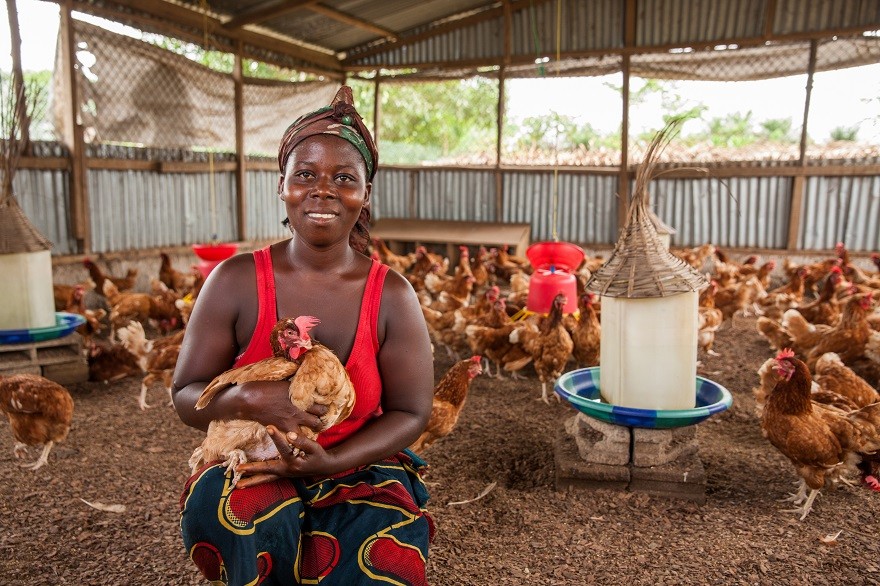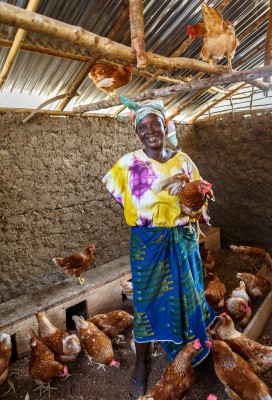Women are the future

In January, the founder members of Women’s Bank made a trip to Sierra Leone and Liberia, where the idea of creating Women’s Bank was born seven years ago.
Elisabeth Rehn, one of the participants on the trip, has followed the development in Liberia for over 12 years and has seen the country survive war to become a more or less functional state. Rehn also knows the President of Liberia, Ellen Johnson Sirleaf, whom the Women’s Bank group met again on this visit. The country has made progress in many respects under the current president, but much remains to be done. During the war, a whole generation missed out on education, which resulted in a considerable increase in youth unemployment.
“Even small things can be important for the country’s development. There is hope, and women hold an essential role in building the future of the country. They were the ones to achieve peace, and they have taken the future in their hands as well,” commented Rehn.
Heidi Hautala, another member of the group, remarked that the activities of the Women’s Bank are innovative.
“Both Liberia and Sierra Leone are recovering from war and need special support for building their future.”
Women play a key role in economic development, but the legal status of women remains problematic. Women still do not have the same rights as men, nor can they own land. Heidi Hautala noted that the principle of sustainable development is now an in integral part of development cooperation.
“Projects started Women’s Bank initiative represent a new, communal approach and continuity which should be copied by others as well.”
Päivi Sihvola told about a Liberian woman’s chicken farm project.
At the moment, more than 90 per cent of eggs are imported, and their quality is often very poor. With the help of Women’s Bank, projects have been initiated in the villages to enable Liberian women to benefit from the egg business. A local partner operates the central unit (Mother Unit), which selects the women most in need of support, trains them, gives them 30 chickens each, and helps them to build a small henhouse.
“With the income from the chickens, this woman can now provide her family with two daily meals instead of one. And the families are big. Women’s participation in the labour market benefits not only the family but the entire community,” says Sihvola.
Reetta Meriläinen described the Mothers’ Club network in Liberia. Local clubs train women and engage in business activities, whose proceeds are used for girls’ and women’s education.
“At the centre which we visited, women were trained in sewing, and they sewed school uniforms for the children of the entire village. Day care was also provided, so that children could be taken along. The proceeds from the centre have been sufficient to finance the education of the girls in the village,” said Meriläinen.
Finn Church Aid plays a key role in the activities of the Women’s Bank: through their expertise and contacts, the impact and cost effectiveness of the Bank’s work has increased.
Text: Tiina Toivakka
This article was published in Women’s Bank Annual Report 2013 (available in Finnish and Swedish).
Picture: With the help of Women’s Bank, chicken farm projects have been started in Liberia which have helped women to improve their standard of living.